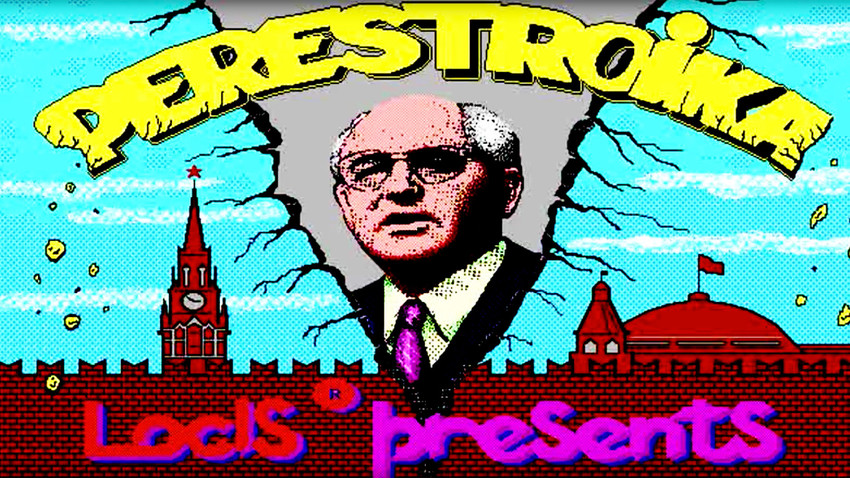
perestroika [per-uh-stroi-kuh; Russian pyi-ryi-stroi-kuh] ExamplesWord Origin noun
- Russian. the program of economic and political reform in the Soviet Union initiated by Mikhail Gorbachev in 1986.
Origin of perestroika From the Russian word perestróĭka literally, rebuilding, reorganization Examples from the Web for perestroika Contemporary Examples of perestroika
Of course, in Russia at that time you had just the beginning of Gorbachev, and glasnost and perestroika.
How The Cold War Endgame Played Out In The Rubble Of The Berlin Wall
William O’Connor
November 9, 2014
Perestroika and glasnost may have come and gone, but the hair has remained the same.
Russian Politicians Flaunt ’80s Style At The Kremlin
Anna Nemtsova
October 16, 2012
He built his empire in the perestroika days, when Russia was a new and often violent capitalism frontier.
Oligarch v. Oligarch: London’s Courts Attract Litigious Tycoons
Mike Giglio
July 23, 2012
I left my hometown, Nizhny Novgorod, as a teenager in the midst of perestroika.
Russian Girl Katia Popova Was Trapped in Her Apartment for Nine Years
Anna Nemtsova
December 6, 2011
His perestroika changed global politics, ended the Cold War, and won him a Nobel Peace Prize.
What the Secret Documents Reveal
Dr. Cheryl Benard
November 4, 2010
British Dictionary definitions for perestroika perestroika noun
- the policy of reconstructing the economy, etc, of the former Soviet Union under the leadership of Mikhail Gorbachov
Word Origin for perestroika C20: Russian, literally: reconstruction Word Origin and History for perestroika n.
1981, from Russian perestroika, literally “rebuilding, reconstruction, reform” (of Soviet society, etc.), from pere- “re-” (from Old Russian pere- “around, again,” from Proto-Slavic *per-, from PIE *per- (1) “forward, through;” see per) + stroika “building, construction,” from Old Russian stroji “order,” from PIE *stroi-, from root *stere- “to spread” (see structure (n.)). First proposed at the 26th Party Congress (1981); popularized in English 1985 during Mikhail Gorbachev’s leadership of the U.S.S.R.
 Liberal Dictionary English Dictionary
Liberal Dictionary English Dictionary